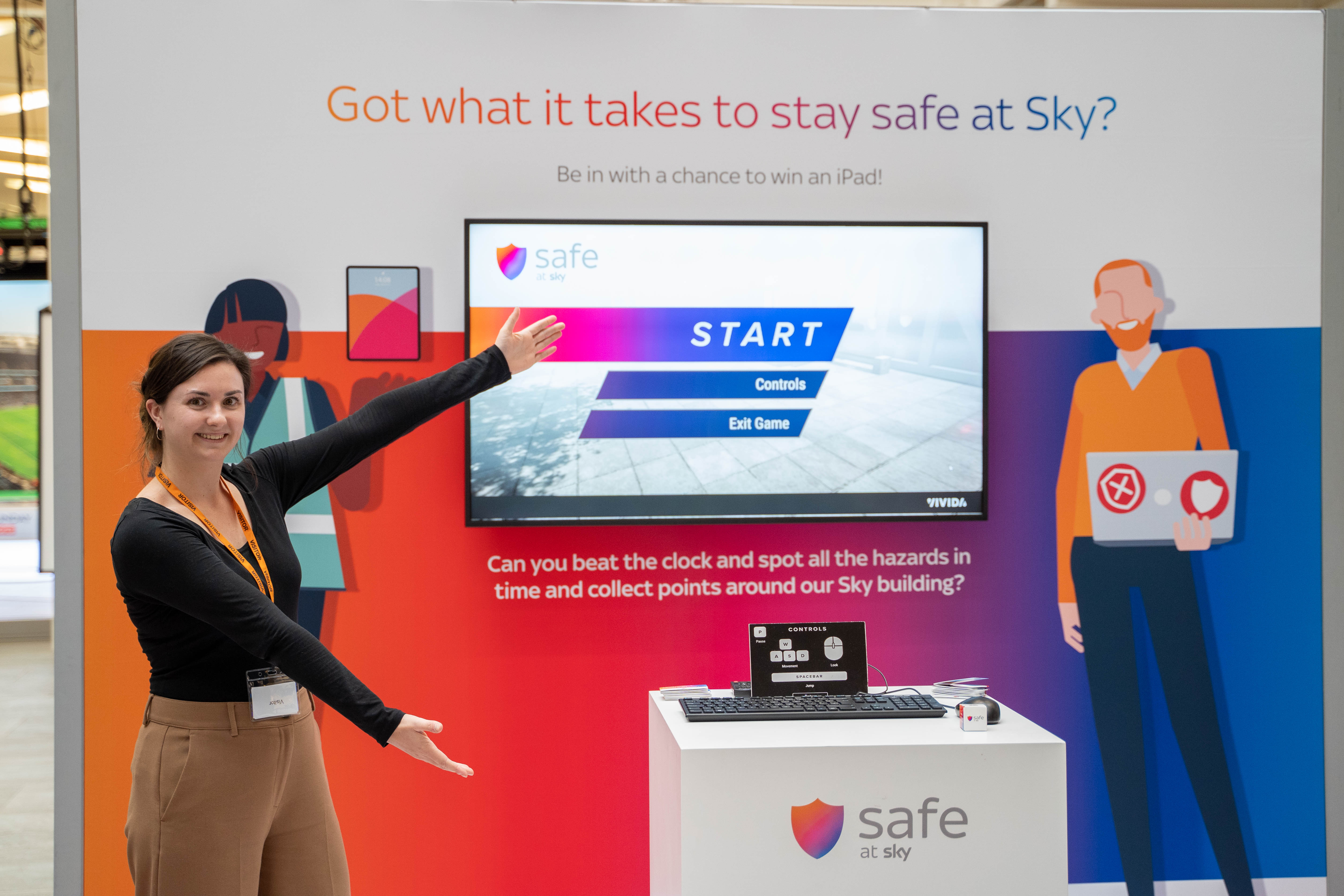Putting Services Giant 'In Their Shoes' for EDI Strategy
The background
This large uk-based services organisation delivers a wide portfolio of essential services across the public and private sector. Their total workforce numbers over 5000 employees, who work across a number of subdivisions and subsidiaries and sit under a wide geographical umbrella.
And while there are some unique aspects to each individual arm of the organisation, they share many of the same challenges. Such as hiring and retaining great talent, overcoming the challenges of remote working and maintaining a positive and engaging organisational culture. However, in the high-pressure service environment, all of these can be easier said than done.
One such subdivision was in the process of implementing their DE&I strategy in an environment and culture that was challenging for all these reasons and more. The necessity for this work was clearly a matter of priority, but the fear factor made bringing it to life difficult and most conversations around race and ethnicity stumbled before they had even started.
Discovering In Their Shoes at a DE&I event where VIVIDA Founder and CEO, Simeon Quarrie, was speaking, was nothing short of fortuitous for the organisation, as they were struggling to find a learning experience which ticked every box in terms of both content and workflow fit.
The challenge
This was an organisation seeking to engage colleagues in a communal way, with a goal of people feeling comfortable in openly discussing issues of race and ethnicity in their workplace. It was felt that when individuals learnt alone, it did not result in the kind of difficult conversations that would be the key to teams taking ownership of the issues, and feeling empowered to create cultural change. However, as much of the organisation operates remotely and across multiple locations, they had not yet found the right environment in which they could bring teams together and launch this new strategy.
Secondary issues lay in governance. Engaging colleagues while remaining within the existing compliance and confidentiality frameworks also created roadblocks for the strategy rollout. Any learning or training to be delivered needed to have a defined and expected outcome and required a full risk assessment to ensure its suitability. Equally, the budget did not allow for extra provision of facilitators, so groups would be required to understand easily and clearly what was expected of them.
The work
Immediately, In Their Shoes solved a multitude of problems. Firstly, all VIVIDA’s work with clients is confidential unless agreed otherwise and the team have extensive experience of working with non-disclosure agreements in place, as well as in commercially sensitive environments. As a result, In Their Shoes could be adapted and shaped to reflect the findings of confidential internal people surveys. This brought a necessary accuracy and familiarity to the proceedings, while also creating a sense of ease for everyone taking part.
This also meant that colleagues’ new learning environment felt more like a kind of “cultural digital twin” of the organisation, where employees could – from any location – comfortably interrogate the lived experience of fictitious colleagues. This served to overcome any existing ‘fear factor’, where participants might prefer to say nothing rather than say the ‘wrong’ thing.
Assisted sessions, a standard offering within In Their Shoes, were provided for colleagues who required adjustments to the learning experience, which was welcomed as a “game changer”, but the sessions themselves are guided through VIVIDA’s proprietary automated technology.
The results
In Their Shoes was an unusual approach for this largely traditional organisation, but one that has so far achieved great results. Early voluntary participation stands at 33% and is continually increasing, with over 200 virtual workshops completed without any facilitator required. The feedback also shows that before colleagues even reach the participation stage, they are intrigued by the concept. Word of the experience spread quickly, plus blogs and other kinds of feedback have triggered a genuine sense of curiosity across the organisation. By introducing an experiential team learning experience, rather than the standard ‘classroom’ format, In Their Shoes was also able to deliver a new and changed conversational space for all, levelling the playing field as all participants are experiencing the same scenarios, with the same information. The organisation reports that In Their Shoes is fostering empathy and participants are identifying with and judging the behaviours of characters. This, in turn, is sparking important and difficult conversations around actions, best practice and the kind of cultural change they want to see in their own environments. They also report that In Their Shoes has created the ideal jumping-off point for the continuing DE&I strategy of the organisation.





